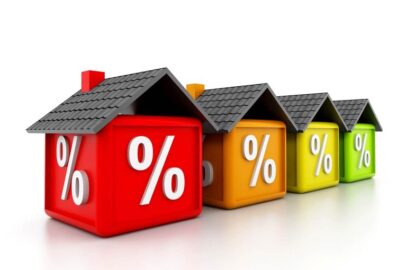The Nationwide Building Society has reported a slight increase UK annual house growth in April to 2.6%, from 2.1% in March.
House prices rose by 0.2% over the month, after taking account of seasonal factors.
Robert Gardner, Nationwide’s chief economist, said: “February saw a softening in house purchase approvals to 64,000 cases, following a surprise rise in January. These figures are broadly in line with our expectations and close to the average for the last three months of 2017. Surveyors continue to report subdued levels of new buyer enquiries and recent months have also seen a softening in new instructions.
“Looking ahead, much will depend on how broader economic conditions evolve, especially in the labour market, but also with respect to interest rates. Subdued economic activity and the ongoing squeeze on household budgets is likely to continue to exert a modest drag on housing market activity and house price growth this year. We continue to expect house prices to rise by around 1% over the course of 2018.
“The share of cash transactions has declined a little over the past 18 months. This is due in part to the introduction of the additional stamp duty levy on second properties which has impacted the purchase of second homes and rental properties, a large proportion of which tend to be conducted in cash. Nevertheless, cash buyers continue to play an important role in the housing market, accounting for around a third of transactions.”
Jonathan Samuels, CEO of Octane Capital, added: “The 0.2% rise in April negates March’s drop and neatly symbolises a market that lacks momentum. While the annual rate of growth has nudged up slightly, it’s unlikely to break out of the very low single digit bracket in 2018.
“At the same time, low stock levels and continued cheap borrowing rates mean that while the market is cooling in parts of the country, above all the capital, prices will not collapse.
“While inflation has fallen and a rate rise next month is no longer the dead cert many had it down as, households still feel squeezed and transaction levels remain low.
“The high inflation and low wage growth we’ve endured will take time to work itself out of the system. It’s certainly no surprise that London is below the average for cash purchases given the cost of homes in the capital. Very few people in London have the financial firepower to buy a property outright in hard cash.”
